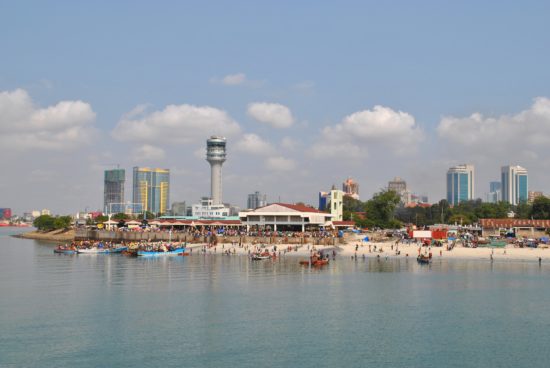Tanzania Implements AWaRe Classification to Improve the Use of Antibiotics by Clinicians
A situational analysis conducted by Global Antimicrobial Resistance Partnership (GARP) in 2015 revealed inappropriate antimicrobial use in Tanzania. GARP found that physicians and other healthcare workers often prescribe antibiotics without fully establishing the need. Some drug outlets, especially in the country’s rural areas, dispense antibiotics without prescription or dispense incomplete doses, fueling the challenge of antimicrobial resistance (AMR) in the country.
Antimicrobial resistance is a rapidly emerging global public health crisis. The World Health Organization (WHO) developed and published a global action plan on AMR in response. To help implement this plan and optimize antimicrobial use, WHO published a new approach in 2017 that classifies antibiotics into three main groups: the Access, Watch, and Reserve (AWaRe) categories. Countries are advised to implement this approach based on epidemiological data and resistance and sensitivity patterns of prevalent germs.
AMR NEWS
Every two weeks in your inbox
Because there should be one newsletter that brings together all One Health news related to antimicrobial resistance: AMR NEWS!





